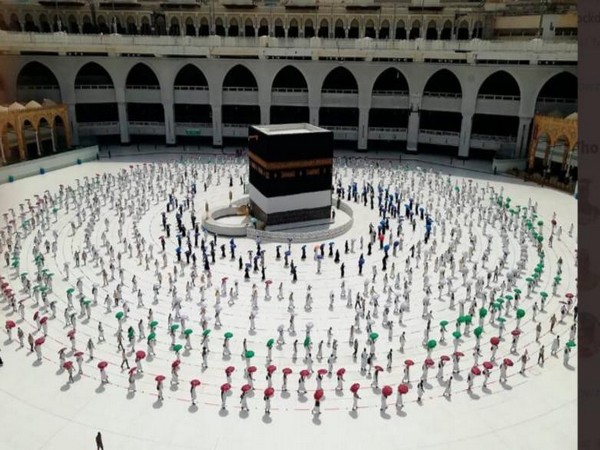The Government of India has taken significant steps to improve the Haj pilgrimage experience by introducing the ‘Haj Suvidha App’ and providing comprehensive healthcare services to Indian pilgrims, with a special focus on the elderly, according to a press release issued by the Ministry of Minorities on Monday.
The ‘Haj Suvidha App’ was launched to make the pilgrimage smoother by leveraging information technology. Pilgrims can access important information such as training materials, accommodation details, flight schedules, baggage tracking, an emergency helpline (SOS), grievance redressal, and feedback. The app also offers language translation services and other essential information to enhance the pilgrim’s experience. For government officials overseeing Haj operations, the app provides real-time monitoring and emergency response tools, ensuring better coordination and accountability.
During Haj-2024, more than 78,000 out of the 1,75,025 Indian pilgrims registered on the app. The app handled over 8,500 grievances and more than 2,100 emergency SOS calls. The use of QR codes for baggage identification significantly reduced the number of missing baggage cases.
In 2024, a record 4,558 female pilgrims undertook the pilgrimage without a Mehram (male companion), the highest number since the Ladies without Mehram category was introduced in 2018.
In addition to improving the logistical experience, the Government of India provided comprehensive healthcare support for pilgrims, especially for the elderly, through temporary healthcare facilities established in Saudi Arabia. The Indian Haj Mission ensured access to free medical consultations, medications, and treatment. Four medical centers in Makkah, one in Madinah, and 17 dispensaries operated 24/7 to meet the healthcare needs of pilgrims. Daily health monitoring was conducted, and medical teams visited pilgrims’ accommodations regularly.
A fleet of 24 ambulances was stationed in Makkah, Madinah, and other key locations to ensure quick responses during emergencies. Indian translators were deployed at Saudi hospitals to help pilgrims communicate effectively and receive appropriate care. Special arrangements were also made to ensure that elderly pilgrims admitted to hospitals could participate in essential rituals.
To combat extreme weather conditions, a hydration program was implemented, providing Oral Rehydration Solutions (ORS) to elderly pilgrims. Awareness campaigns advised pilgrims on staying hydrated, avoiding sun exposure, and other measures to prevent heat-related issues.




















